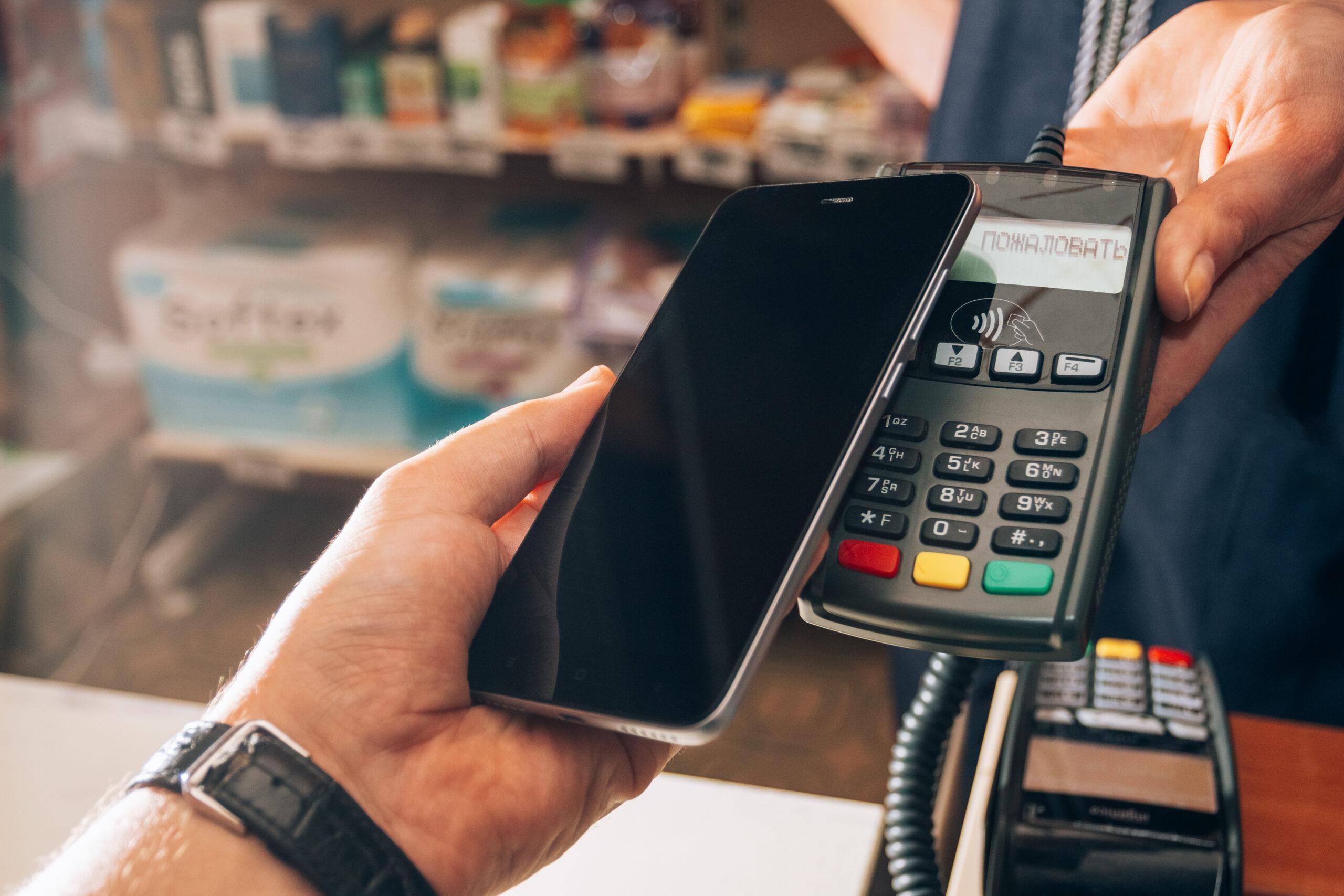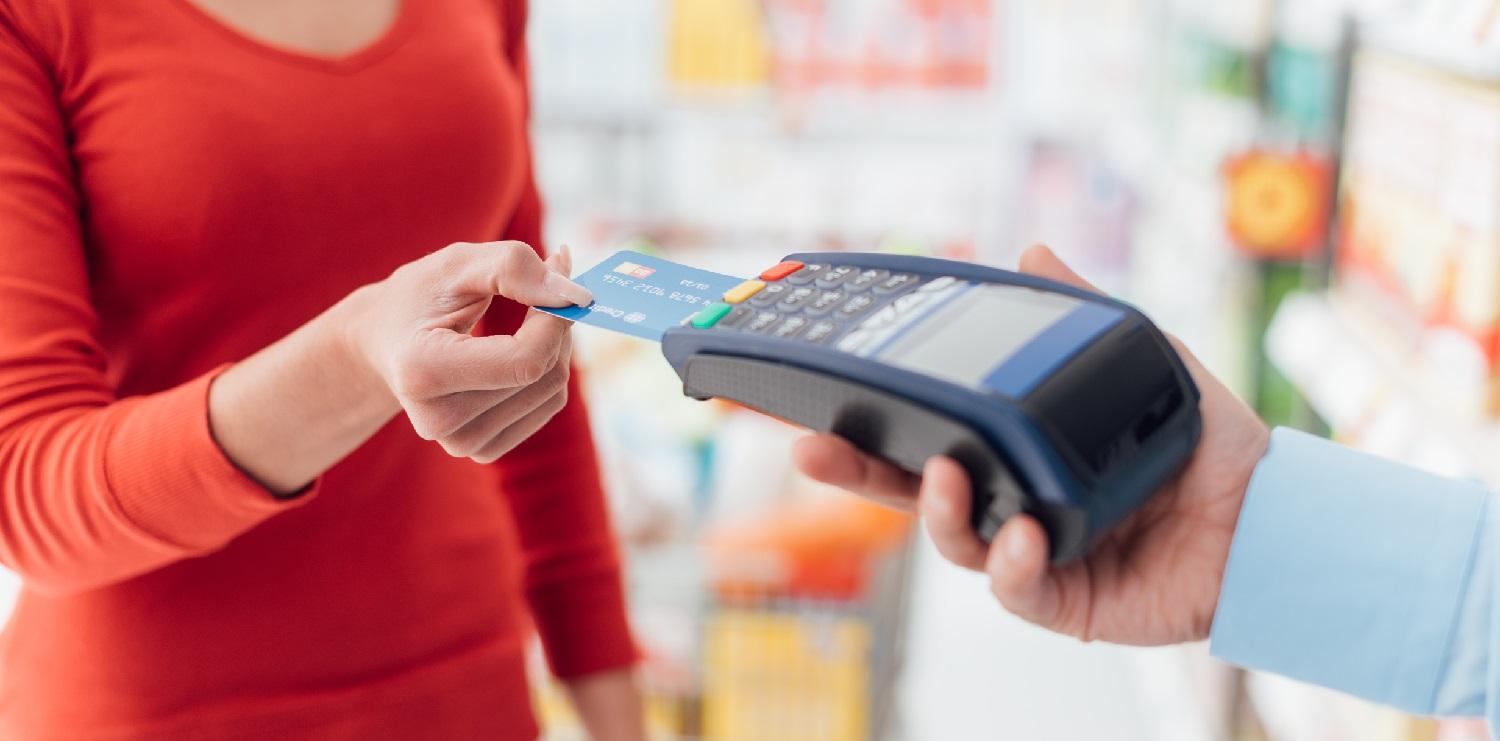MENU
Starting a Business
- Best Small Business Loans
- Best Business Internet Service
- Best Online Payroll Service
- Best Business Phone Systems
Our Top Picks
- OnPay Payroll Review
- ADP Payroll Review
- Ooma Office Review
- RingCentral Review
Our In-Depth Reviews
Finance
- Best Accounting Software
- Best Merchant Services Providers
- Best Credit Card Processors
- Best Mobile Credit Card Processors
Our Top Picks
- Clover Review
- Merchant One Review
- QuickBooks Online Review
- Xero Accounting Review
Our In-Depth Reviews
- Accounting
- Finances
- Financial Solutions
- Funding
Explore More
Human Resources
- Best Human Resources Outsourcing Services
- Best Time and Attendance Software
- Best PEO Services
- Best Business Employee Retirement Plans
Our Top Picks
- Bambee Review
- Rippling HR Software Review
- TriNet Review
- Gusto Payroll Review
Our In-Depth Reviews
- Employees
- HR Solutions
- Hiring
- Managing
Explore More
Marketing and Sales
- Best Text Message Marketing Services
- Best CRM Software
- Best Email Marketing Services
- Best Website Builders
Our Top Picks
- Textedly Review
- Salesforce Review
- EZ Texting Review
- Textline Review
Our In-Depth Reviews
Technology
- Best GPS Fleet Management Software
- Best POS Systems
- Best Employee Monitoring Software
- Best Document Management Software
Our Top Picks
- Verizon Connect Fleet GPS Review
- Zoom Review
- Samsara Review
- Zoho CRM Review
Our In-Depth Reviews
Business Basics
- 4 Simple Steps to Valuing Your Small Business
- How to Write a Business Growth Plan
- 12 Business Skills You Need to Master
- How to Start a One-Person Business
Our Top Picks
Table of Contents
Credit card imprinters are joining the ever-expanding ranks of technologically obsolete or nearly obsolete items, such as cassettes and DVDs, landline telephones and film cameras. While still used by some small businesses, the manual device is challenging to maintain and time-consuming to store critical financial transactions.
Let’s look at why merchants have a credit card imprinter tucked away for emergencies and how you can upgrade your payment processor to stay competitive in today’s marketplace.
Editor’s note: Looking for the right credit card processor for your business? Fill out the below questionnaire to have our vendor partners contact you about your needs.
What is a credit card imprinter?
For starters, if you are younger than 20 years old, chances are pretty good that you have never even seen a credit card imprinting machine. Chances are also high that you probably never will (except maybe at the random antique shop or flea market).
A credit card imprinter known as a knuckle-buster, zip-zap machine or click-clack machine is a manual device for recording credit card transactions using a carbon copy sales slip. Merchants used credit card imprinters before the widespread use of payment terminals made them virtually obsolete.
The majority of these devices were about the same size and shape as a standard handheld adding machine (if you remember those). Most retailers and other businesses in the 21st century use electronic barcode readers. However, some companies still need to use an imprinter, especially if they are processing credit cards without a printer.
How does a credit card imprinter work?
A credit card imprinter is a nonelectronic, manually operated machine that makes an imprint (hence the name) of the face of your credit card and transfers it onto a double receipt. Once an imprint of your credit card is accomplished, you sign it and the proprietor or shopkeeper rips the perforated edge, keeps the original (top) copy and gives you the imprinted (bottom) copy.
Payment processing occurs not when a credit card is imprinted but when the information is entered into a credit card processor.
Are credit card imprinters obsolete?
Many companies today utilize manual credit card machines like these imprinters for several purposes, such as when they take a customer’s order in person and want or need to key in the card information later at a virtual terminal. Some companies use them as a backup option when their electronic credit card scanners are malfunctioning or there’s a power outage.
In addition to being an essential backup, manual credit card imprinters can still be relevant in today’s high-tech and computerized business world. Manual credit card imprinters exist in myriad retail stores, restaurants and financial institutions.
Why you should consider upgrading from credit card imprinters
There is cause to switch to other forms of credit card processing. “There are a number of reasons why businesses should upgrade from credit card imprinters,” said Chris Panteli, co-founder of Linkifi. “Chief among them is the cost advantage. The availability of carbon forms is diminishing, making forms far more expensive and quite inaccessible. The carbon copies are also fragile records of very important information and living in a digitized age just means this form of transactional accounting is becoming completely redundant.”
Carter Seuthe, vice president of content at Credit Summit and a media planner at GSD&M, agreed, saying that it takes longer to swipe, the imprint isn’t reliable, payment isn’t instantaneous and the system isn’t secure, among other things.
Alternatives to manual credit card imprinters
Credit card imprinters don’t benefit business owners as much as they used to. The good news is that there are plenty of alternatives.
Credit card processing services
The best credit card processing services now offer a host of hardware that makes it easy to accept payments. Credit card terminals exist for swipe cards, EMV chip cards and near-field communication tap cards. All of these devices can print out receipts easily for customers.
You can learn more about top credit card processors in our review of Merchant One and our Stax review.
Point-of-sale (POS) systems
A POS system is a big upgrade over an imprinter. Not only can you use it to accept credit cards and debit cards, but the best POS systems have added features like inventory management, employee management and integration with top accounting software.
“Everything is connected to our business account and payments are made instantaneously,” Panteli said. “Credit card till roll is cheap and the system works through Wi-Fi or the telephone line.”
You have various highly rated POS systems to consider. Learn more about some top options in our review of Clover, our Lightspeed review and our review of Square.
Mobile credit card processing systems
Merchants can use the best mobile credit card processors to take payments from anywhere via smartphone or tablet. These systems, which can also be part of a mobile POS system, typically offer a credit card reader to connect to your mobile device.
Julie Thompson contributed to this article. Source interviews were conducted for a previous version of this article.






